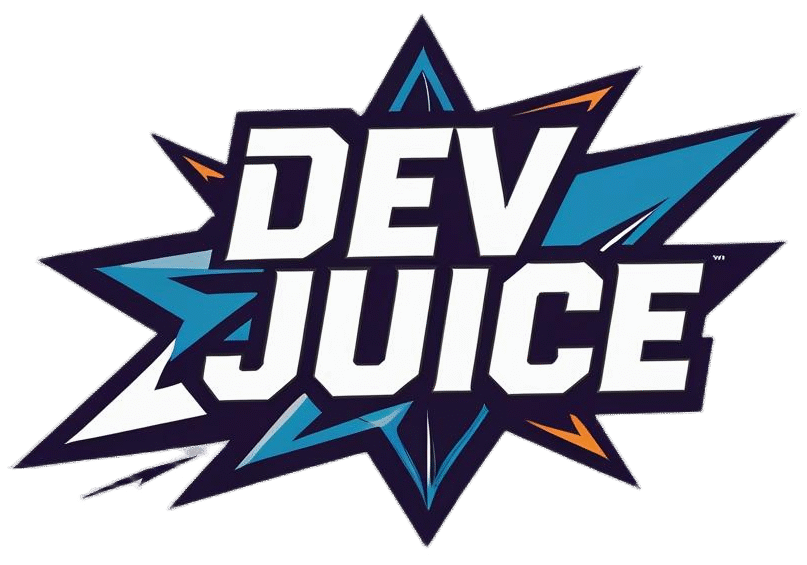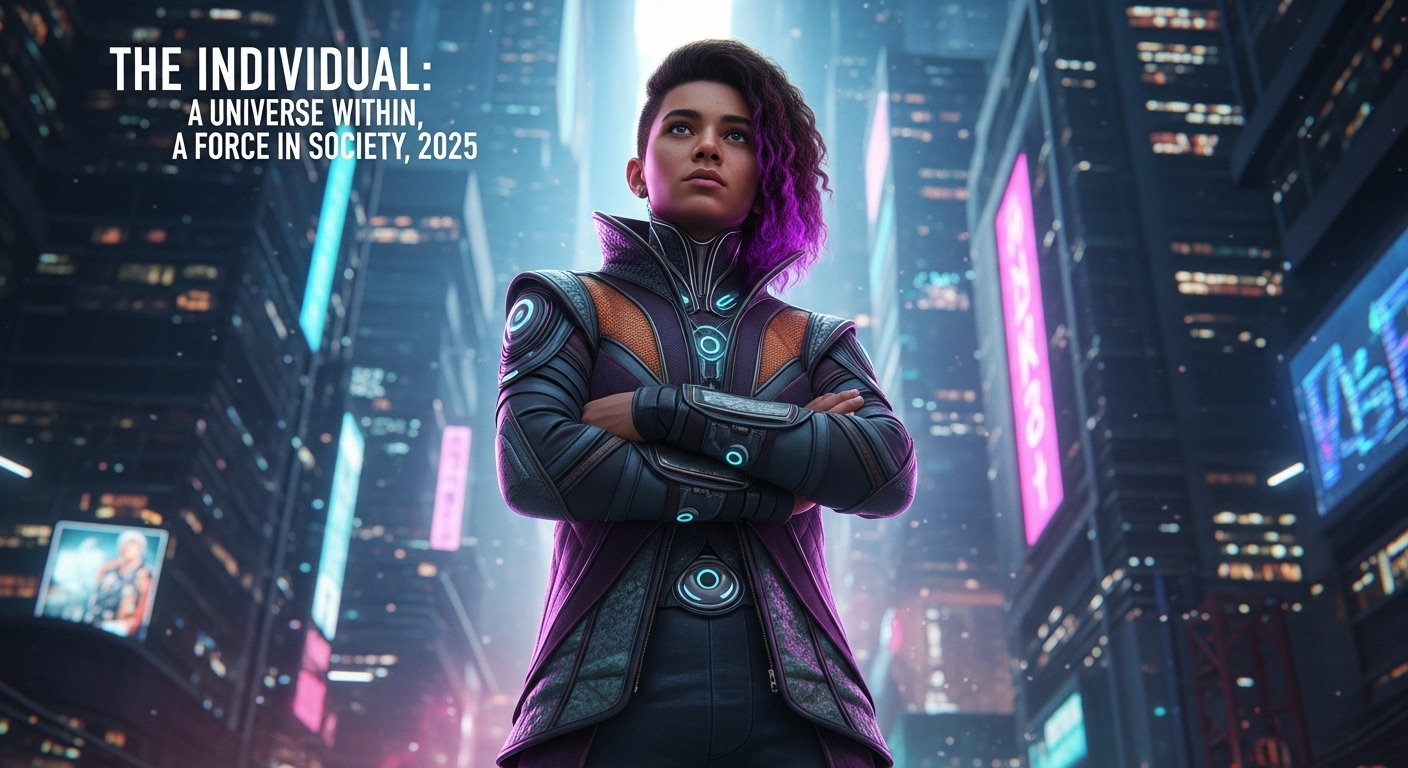In a world increasingly shaped by global networks, collective movements, and mass communication, the concept of the “individual” remains profoundly vital. Far from being a mere component of a larger whole, the individual is a unique universe of thought, emotion, and experience – a distinct entity whose presence and actions ripple through the fabric of society. As of mid-2025, understanding the individual’s inherent value, evolving identity, and dynamic relationship with the collective is more crucial than ever.
Defining the Individual: Uniqueness and Autonomy
At its core, an individual is a single, distinct human being, characterized by:
- Uniqueness: No two individuals are truly identical. Each possesses a unique genetic makeup, a distinct set of life experiences, and a singular blend of personality traits, talents, and perspectives. This individuality is the wellspring of diversity and innovation.
- Autonomy: The capacity for self-governance and independent thought. It’s the ability to make choices, set goals, and direct one’s own life based on personal values and reasoning, rather than merely conforming to external pressures. This concept, emphasizing personal freedom and self-reliance, gained prominence in the 19th century and continues to evolve.
- Intrinsic Worth: Philosophically, many traditions affirm the inherent dignity and value of each individual, regardless of their societal role, achievements, or characteristics. This principle forms the basis of human rights globally.
The Formation of Identity: A Lifelong Journey
Psychologically, the “self” and “identity” are not static concepts but evolve throughout an individual’s life. This journey is influenced by a complex interplay of factors, often described through core components like:
- Distinctiveness: The sense of being unique and separate from others. Individuals start perceiving themselves as distinct from early childhood, a feeling that often intensifies during adolescence.
- Coherence: The perception of the self as consistent across different life domains and contexts, maintaining a sense of who one is regardless of the situation.
- Continuity: The feeling of being the same person over time, with a consistent sense of one’s existence and selfsameness across the lifespan.
- Personal Experiences: Childhood, relationships, successes, failures, and pivotal life events all shape who we become.
- Cultural Influences: The societal norms, values, beliefs, and traditions of the community and broader culture in which an individual is raised profoundly impact their worldview and self-concept. Cultural identity is often seen as a key support for individual mental health.
- Social Roles: The various roles an individual occupies – child, sibling, student, professional, parent, friend – contribute to their multi-faceted identity.
- Self-Reflection: The ongoing process of introspection, understanding one’s own thoughts, emotions, and motivations, is crucial for developing a coherent sense of self.
Individual Rights and Responsibilities: The Social Contract
The concept of the individual is inextricably linked to the idea of rights and responsibilities within a society.
- Rights: These are fundamental entitlements that protect an individual’s freedom, dignity, and ability to flourish. They can be personal (e.g., right to life, liberty, privacy) or political (e.g., right to vote, freedom of speech). Digital rights, an extension of these, ensure access to, use of, creation of, and publication of digital media, alongside privacy and data protection in the online world.
- Responsibilities: For a society to function, individual rights are balanced by corresponding responsibilities. These include respecting the rights of others, obeying laws, contributing to the community, and taking accountability for one’s actions. Being a responsible citizen means caring about and respecting the rights of others.
The tension and balance between individual freedoms and collective well-being are a continuous area of philosophical and political discourse.
The Individual in the Digital Age: Challenges and Opportunities in 2025
As of mid-2025, the digital landscape presents both unprecedented opportunities and unique challenges to the individual:
- Enhanced Self-Expression and Connection: Social media and online platforms offer individuals unparalleled avenues for self-expression, creative output, and connecting with like-minded individuals across geographical boundaries.
- Hyper-Personalization: Digital services increasingly cater to individual preferences, using AI and algorithms to tailor everything from news feeds to product recommendations. This can enhance convenience but also raises questions about agency and potential “filter bubbles.” The global personalization software market is seeing significant growth, projected to reach over $2 billion by 2026.
- Privacy Concerns: The vast amounts of personal data collected about individuals online raise significant privacy concerns, challenging autonomy and control over one’s digital footprint. Digital rights movements are advocating for stronger data protection.
- Shifting Identity and Perception: Digital technology directly impacts our sense of “self.” From facial recognition influencing self-image to deepfakes challenging the authenticity of online representations, individuals are navigating increasingly blurred boundaries between their physical and digital identities.
- Mental Well-being: While technology provides connection, concerns about its impact on individual well-being persist, including issues like screen time, social comparison, and the potential for digital addiction.
- The “Age of Average”: Paradoxically, while valuing individuality, the digital age also sees trends where mass consumption and algorithmic preferences lead to a homogenization of tastes and styles, creating an “illusion of individuality” as people follow trending behaviors.
The Enduring Significance
The flourishing of society depends on the recognition and nurturing of its individuals. Each person’s unique contributions, ideas, and creativity are the engines of progress and innovation. Simultaneously, the individual’s willingness to engage responsibly with the collective, to respect the rights of others, and to contribute to the common good, is essential for a harmonious and just society.
The individual is not merely a data point in a vast network; they are the fundamental unit of humanity, a boundless wellspring of potential, and the ultimate reason why progress, empathy, and meaningful connection truly matter. Recognizing and valuing the individual remains the cornerstone of a thriving future.



